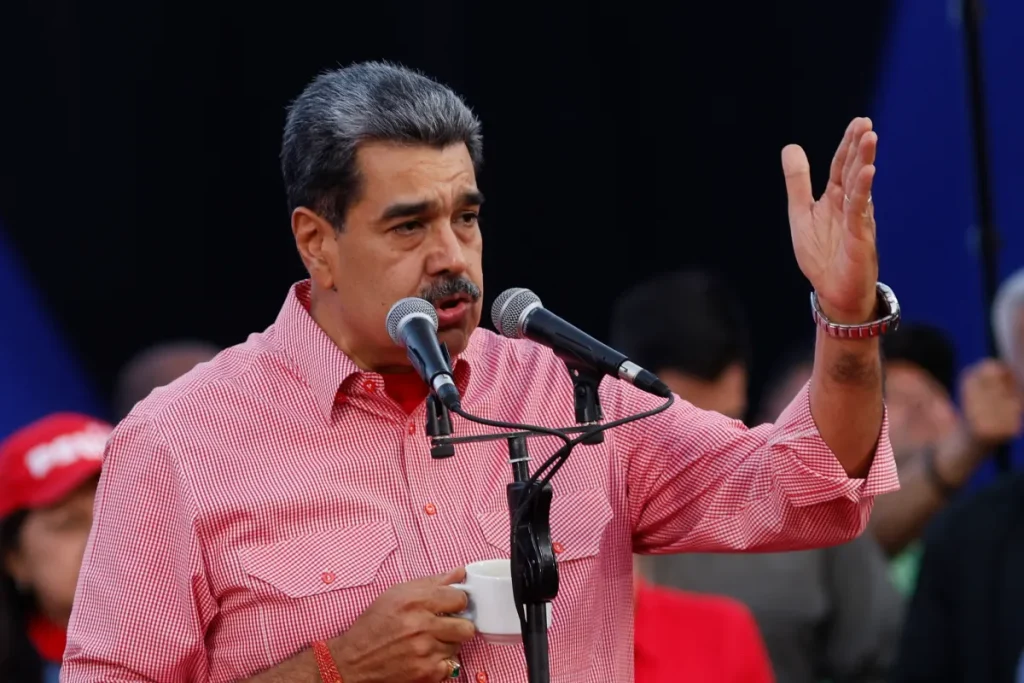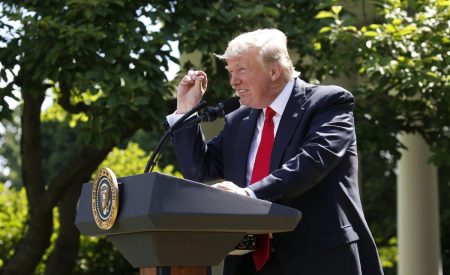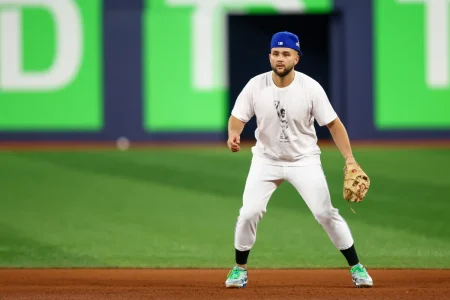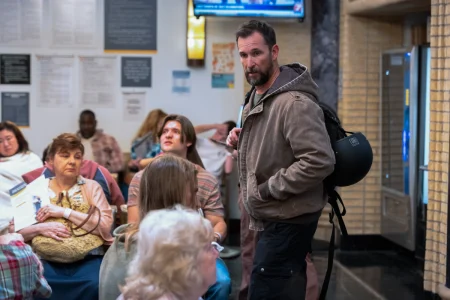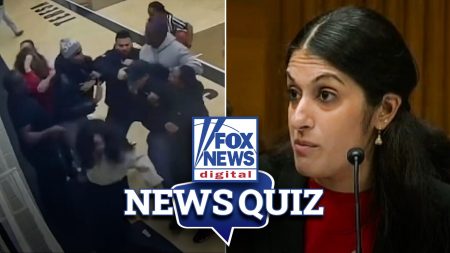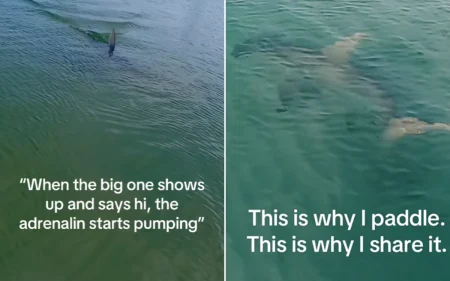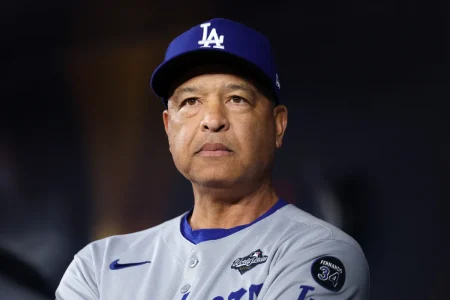American Public Divided on Military Intervention in Venezuela as Trump Administration Weighs Options
Recent polling data from The Economist and YouGov reveals significant American skepticism regarding potential U.S. military intervention in Venezuela. According to the survey conducted from November 15-17, 2024, a substantial 45 percent of U.S. adults oppose using military force to overthrow Venezuelan President Nicolás Maduro, while only 17 percent support such action. The remaining 38 percent of respondents indicated uncertainty about the appropriate course of action. These numbers emerge against a backdrop of increasingly assertive U.S. operations targeting alleged drug traffickers in the region, including naval deployments and military strikes that have resulted in multiple fatalities. The poll, which surveyed 1,564 adults and carries a 3.5 percent margin of error, also revealed that Maduro himself remains largely unknown to many Americans, with 60 percent reporting no opinion about him, though he does carry a 34 percent unfavorable rating compared to just 6 percent favorable.
This polling data reflects deeper questions about America’s role in Latin America and the appropriate limits of U.S. power abroad. The Trump administration’s consideration of military options to remove Maduro occurs amid heightened regional tensions and follows years of diplomatic pressure and economic sanctions that have failed to dislodge Venezuela’s authoritarian government. The deployment of the USS Gerald R. Ford aircraft carrier near Venezuelan waters and public statements by Trump about targeting “narco-terrorists” signal a potentially more aggressive approach. However, the relatively low public support for military intervention suggests that many Americans remain wary of entanglements that could lead to another prolonged conflict, especially in a region where U.S. interventions have historically produced mixed results and significant blowback.
Political and security experts have expressed diverse views on the wisdom of potential military action. Robert Y. Shapiro noted to Newsweek that the low public support for military action indicates few Americans perceive Venezuela as a direct threat to U.S. security interests. Shapiro raised concerns about potential “wag the dog” motivations, suggesting that military action could be used to distract from domestic political challenges. In contrast, David Pyne of the Task Force on National and Homeland Security expressed support for reasserting the Monroe Doctrine to counter Russian and Chinese influence in the Western Hemisphere, though he advocated for resolving U.S. involvement in Ukraine before opening another military front. These divergent perspectives highlight the complex considerations at play, including geopolitical competition, historical U.S. relationships with Latin America, and domestic political calculations.
The Trump administration has framed recent military operations in the region primarily as counter-narcotics efforts rather than direct attempts at regime change. In September, President Trump personally announced a “kinetic strike” against what he described as “narcoterrorists from Venezuela” in international waters, resulting in three fatalities. In his statement, Trump emphasized the threat posed by drug trafficking to American communities, declaring, “BE WARNED — IF YOU ARE TRANSPORTING DRUGS THAT CAN KILL AMERICANS, WE ARE HUNTING YOU!” This framing attempts to position potential military action as defensive in nature and focused on protecting American citizens from the flow of illegal drugs, rather than as intervention in another country’s internal politics. However, the simultaneous focus on Maduro’s government and the positioning of naval assets suggests broader objectives that may include regime change considerations.
Military and intelligence professionals have expressed significant reservations about the feasibility of a successful intervention. Venezuela presents numerous operational challenges: it’s a country of over 30 million people with complex terrain including mountains, jungles, and urban centers. Additionally, Maduro maintains the loyalty of key military commanders and has cultivated relationships with Russia, China, Cuba, and Iran, potentially complicating any U.S. action. Experts note that even if an initial invasion were successful in removing Maduro, the aftermath could involve years of occupation, insurgency, and state-building efforts that would require substantial resources and political will. These practical considerations, combined with the lack of clear public support, raise serious questions about whether military intervention would advance U.S. interests or potentially create greater problems than it would solve.
As the situation continues to develop, the path forward remains uncertain. While the Trump administration has positioned significant military assets in the region and engaged in limited operations, it has not yet committed to a full-scale invasion or conventional ground campaign. The relatively low public support for military intervention may factor into ultimate decision-making, as might assessments of operational feasibility and potential international responses. Any decision to proceed with more aggressive action would likely require building greater domestic political consensus and articulating a clear strategic objective beyond simply removing Maduro. As America continues to grapple with questions about its proper role in world affairs and the limits of military power, the Venezuela situation represents a test case for how the nation balances security concerns, humanitarian considerations, and respect for international norms in an increasingly complex global landscape.





